-
Missing Peace: Why Transboundary Conservation Areas Are Not Resolving Conflicts
›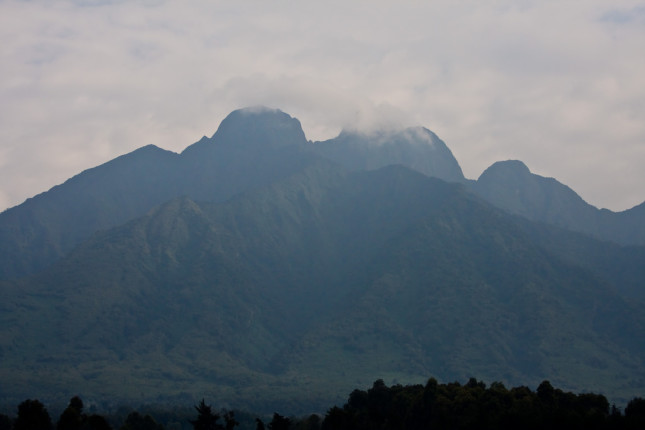
Transboundary Conservation Areas, such as Parks for Peace, have been heralded for their potential to simultaneously contribute to biodiversity conservation and peace, but evidence to this effect has been elusive. In fact, more indications suggest that transboundary conservation areas, including Parks for Peace, rely on pre-existing international peace between countries for formalization and on-going non-violent relations for continuity. Although they are primarily designed for ecological peace (based largely on arguments of ecological connectivity), they are not immune to environmental harms. Perhaps even more challenging is how “fortress conservation” and “green securitization” compromise social peace.
-
Choke Point Solutions: Can Western China Lower its Coal-Water Risk?
›
China’s war on pollution and goals to lower carbon emissions are noteworthy as the United States takes a back seat in the global energy transition. Cleaner air and low carbon efforts in China could significantly change the country’s environmental health story and contribute to global efforts to lower greenhouse gas emissions. However, China’s energy reforms look less green now than they seemed after Paris in 2015. While China’s rate of increase in CO2 emissions has slowed and the share of renewables in its energy mix continues to grow, the Chinese government’s pursuit of clean air along its east has shifted more polluting and water-intensive coal-fired power development into the country’s west. To continue to lead the way in this “Asian Century,” China must further incorporate water-saving reforms into its energy and environment plans.
-
Warzone Conservation in Afghanistan: Build a National Park, Build Democracy
›
“For people who have been refugees for the last 30 years, protecting Afghan wildlife was a way of protecting your own identity,” said Alex Dehgan, CEO and founder of Conservation X Labs, who recently spoke at the Wilson Center at the launch of his book, The Snow Leopard Project: And Other Adventures in Warzone Conservation. He credited his success in Afghanistan to crucial community members. By tapping into their local pride in conservation, Dehgan was able to establish the foundations for the country’s first national park, Band-e-Amir National Park, which opened 2009 in order to protect the endangered snow leopard and the rich biodiversity of Bamyan Province.
-
New Developments in the Field of Environmental Peacebuilding
›
For those working at the intersection of environment, conflict, and peace, 2018 was a notable year. A new conceptual and operational framework for environmental peacebuilding began to emerge. Two particularly substantial developments in 2018 helped to institutionalize environmental peacebuilding: the debut of a massive open online course (MOOC) on environmental security and sustaining peace and the launch of the Environmental Peacebuilding Association.
-
U.S. Intelligence Community Recognizes Climate Change in Worldwide Threat Assessment
›February 5, 2019 // By Isabella Caltabiano
The 2019 Worldwide Threat Assessment of the US Intelligence Community, released on January 29, mentions climate change as a threat that is “likely to fuel competition for resources, economic distress, and social discontent through 2019 and beyond.” The report features new topics such as election interference and threats to economic competitiveness while still including continuing threats such as cyber espionage and attacks, terrorism, and climate change. As a statement from Director of National Intelligence (DNI), Daniel R. Coats, for the Senate Select Committee on Intelligence, the assessment provides an overview of the national security threats facing the nation.
-
Security Council Debates how Climate Disasters Threaten International Peace and Security
›
On 25 January 2019, the UN Security Council held an open debate to discuss the security implications of climate-related disaster events. The meeting, initiated by the Dominican Republic, underscored the global nature of climate-related disasters. Most speakers highlighted the need for better climate risk management as an important contribution to safeguarding international peace and security. The debate marks the beginning of a year in which climate security ranks high on the UN’s agenda.
-
Gidon Bromberg on Water and Environmental Peacebuilding
› “The Jordan River has been the lifeblood of the Levant,” says Gidon Bromberg, the Israeli co-director of EcoPeace Middle East, in this week’s Water Stories podcast. The river’s importance offers a unique platform for multi-level conflict resolution and environmental conservation efforts in a region wracked by conflict.
“The Jordan River has been the lifeblood of the Levant,” says Gidon Bromberg, the Israeli co-director of EcoPeace Middle East, in this week’s Water Stories podcast. The river’s importance offers a unique platform for multi-level conflict resolution and environmental conservation efforts in a region wracked by conflict. -
Anticipatory Intelligence: Climate Change in the National Intelligence Strategy
›January 29, 2019 // By Marisol Maddox
On January 22, Director of National Intelligence (DNI) Daniel R. Coats released the National Intelligence Strategy (NIS) for 2019, which represents a departure from the last such strategy. While the previous 2014 National Intelligence Strategy specifically noted that food, water, and energy resource insecurity contribute to instability, the 2019 NIS does not mention these concerns beyond a single reference to climate change and resource scarcity as “pressure points.”
Showing posts from category environment.


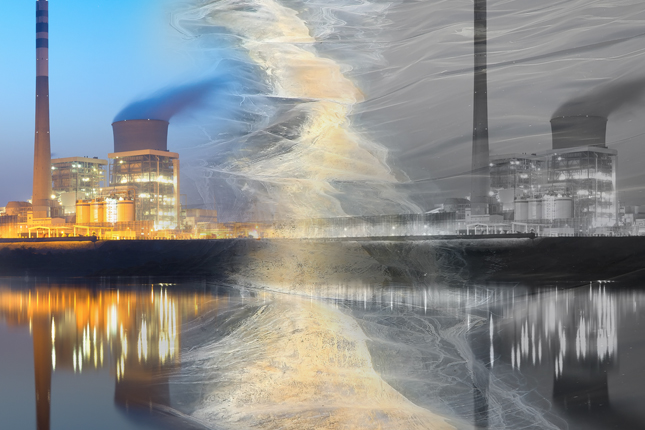
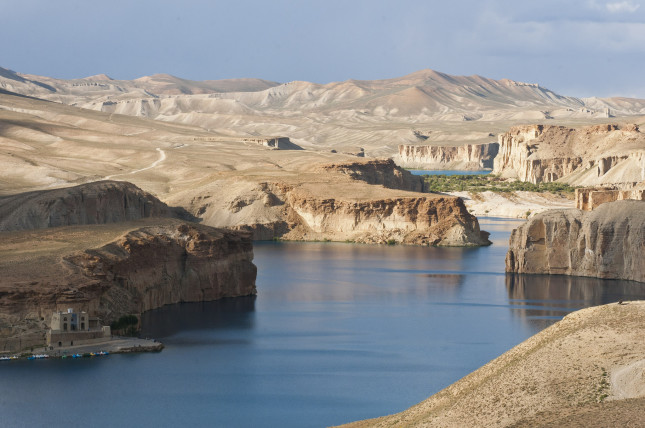

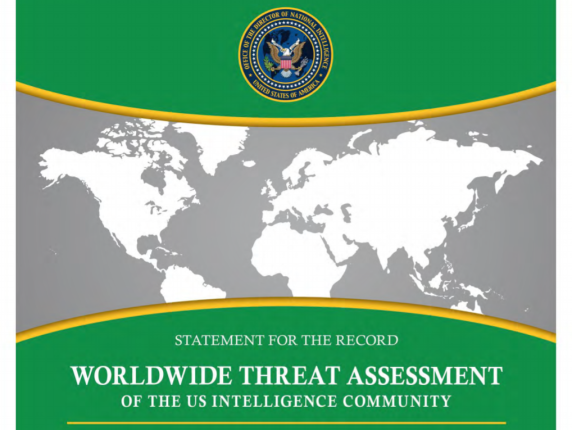
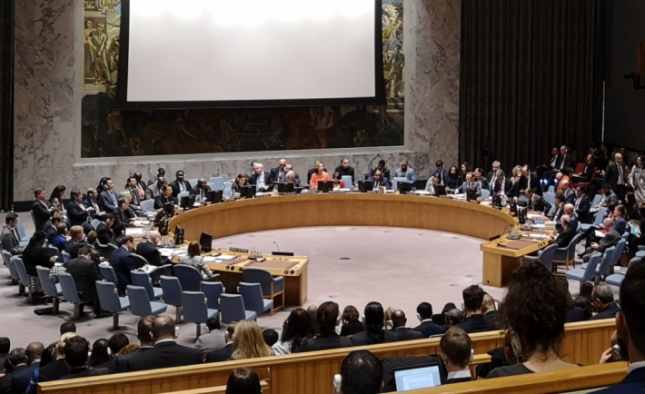
 “The Jordan River has been the lifeblood of the Levant,” says Gidon Bromberg, the Israeli co-director of EcoPeace Middle East, in this week’s Water Stories podcast. The river’s importance offers a unique platform for multi-level conflict resolution and environmental conservation efforts in a region wracked by conflict.
“The Jordan River has been the lifeblood of the Levant,” says Gidon Bromberg, the Israeli co-director of EcoPeace Middle East, in this week’s Water Stories podcast. The river’s importance offers a unique platform for multi-level conflict resolution and environmental conservation efforts in a region wracked by conflict.


